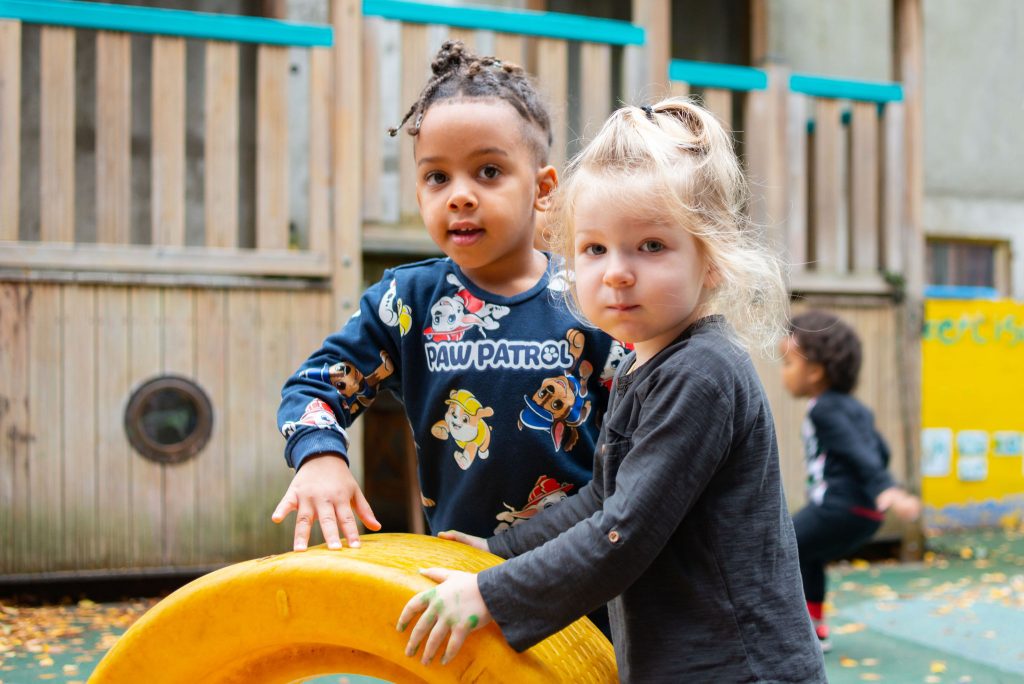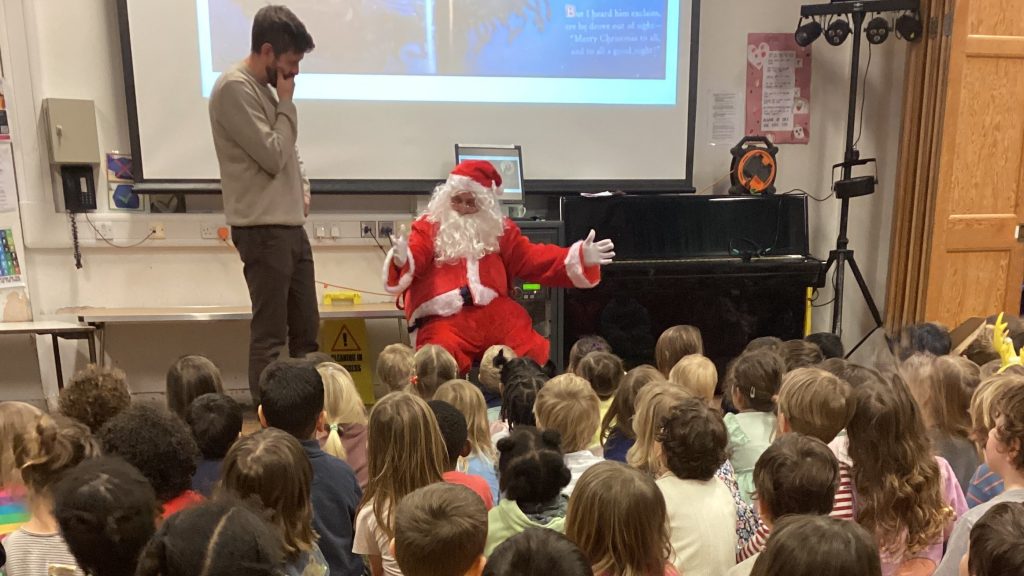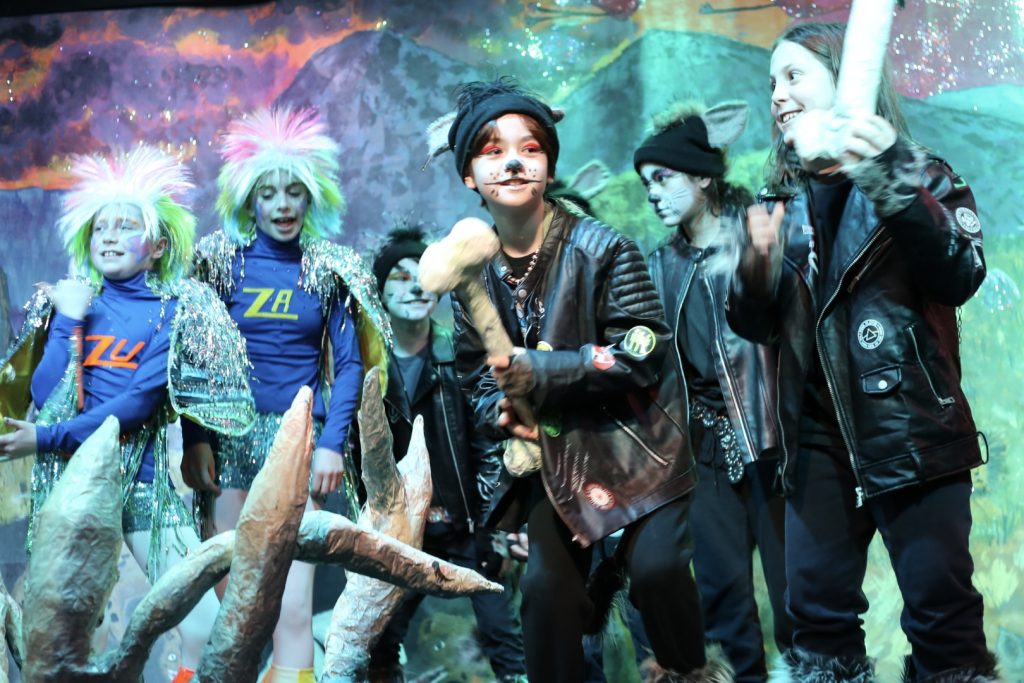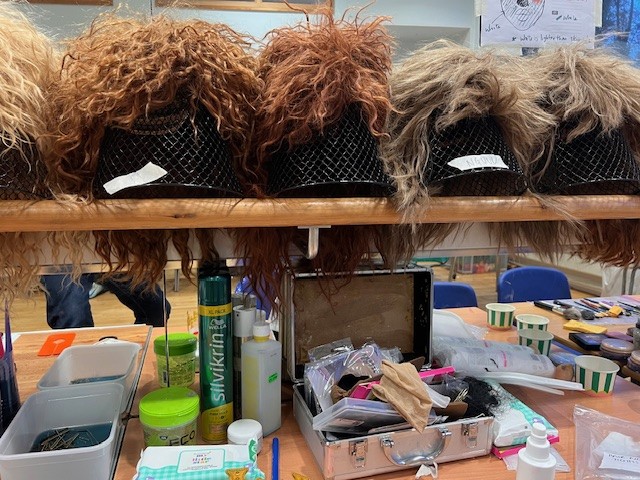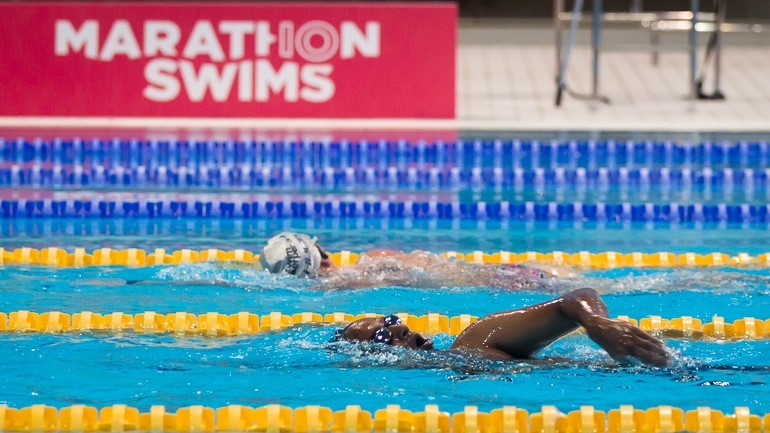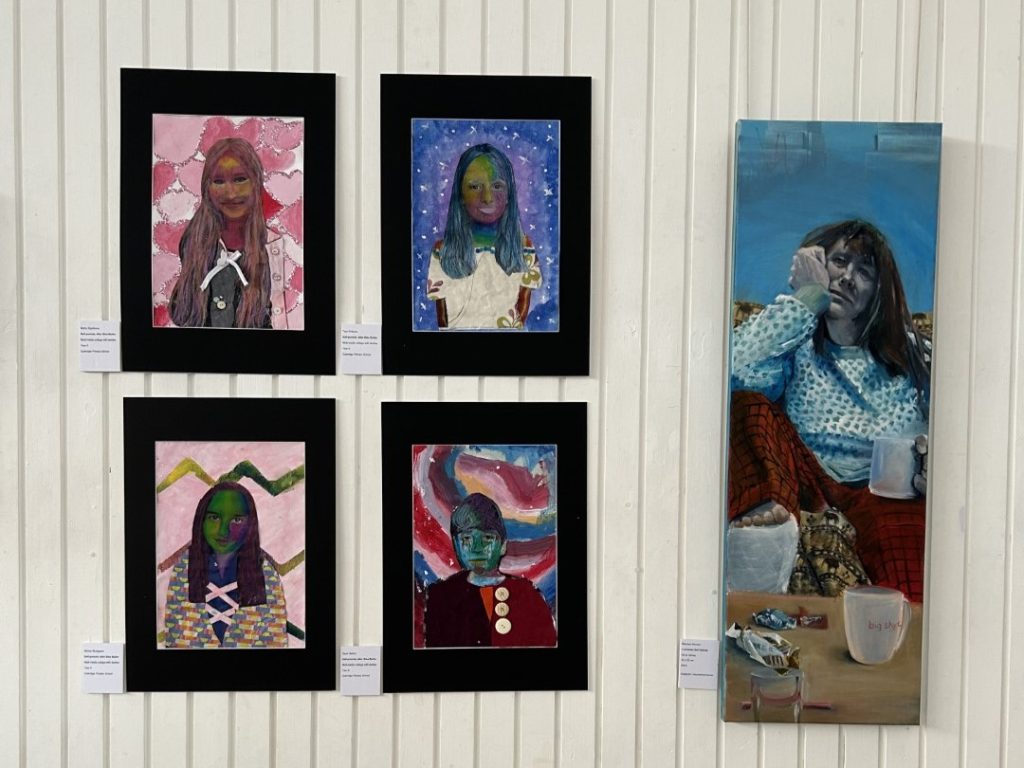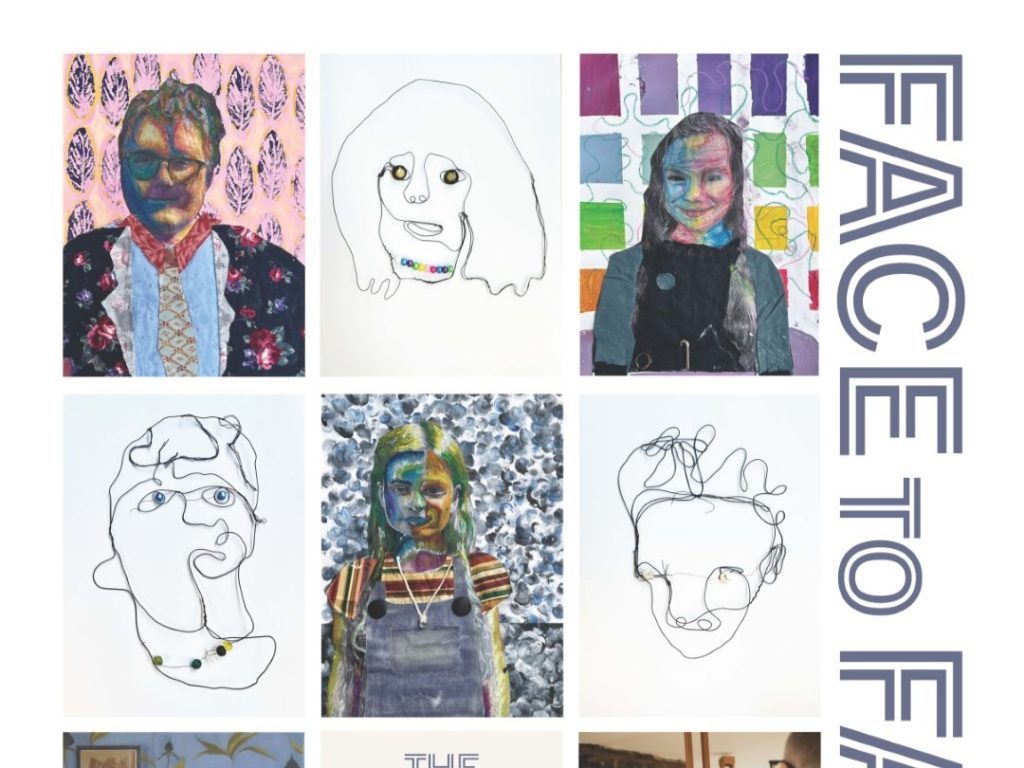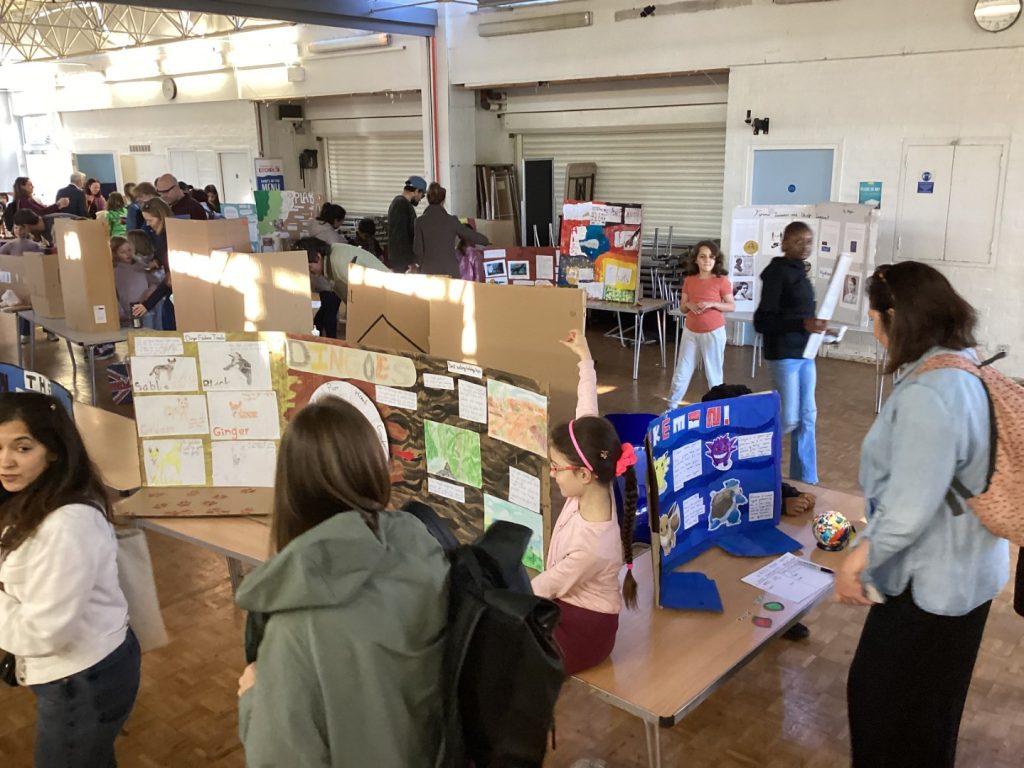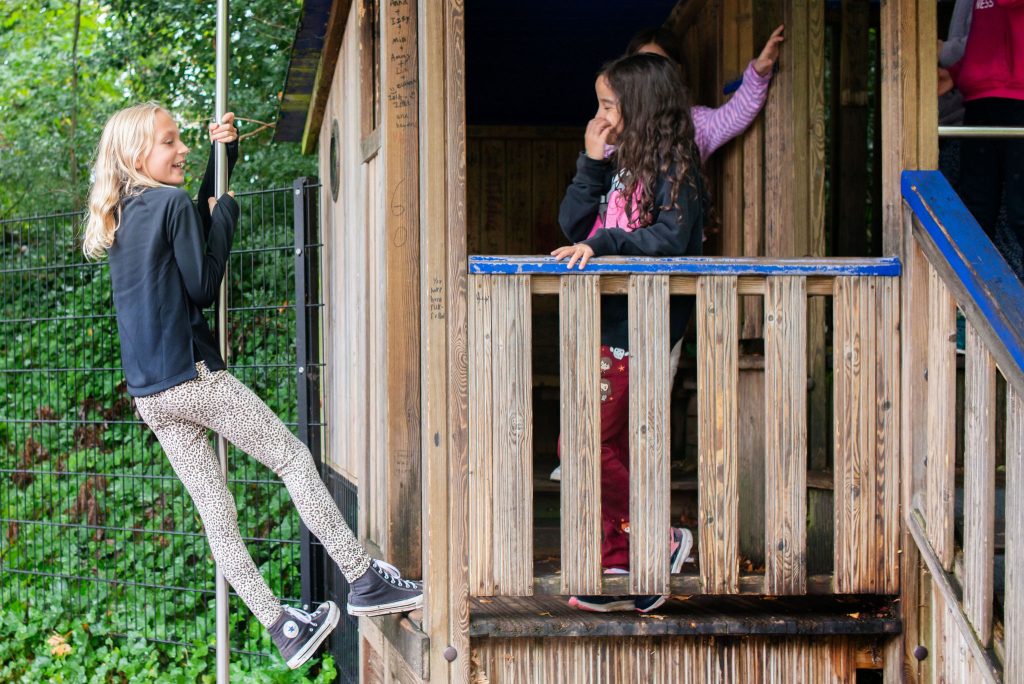Welcome
To find out about Reception, and what your child will be doing this year, please see our presentation below.
Newsletters
Click on the links below to read current and archive newsletters for your child’s class:
Reading in Reception
What books will my child bring home?
Your child will bring home three different types of reading book each week – a Reading Practice Book, a ‘Read Along with Me’ text and a Library/Sharing book.
Reading Practice Book
This book will be carefully matched to your child’s reading level and current phonics knowledge (i.e. it will only contain sounds and words that they know). They should be able to read it to you independently, with little or no help. Please don’t worry that this book is too easy for them – it has been chosen to help your child develop their reading fluency and confidence, as well as their ability to read with expression. Listen to your child read the book several times during the week and discuss it with them afterwards. Remember to give them lots of praise!
Read Along with Me
These books will generally contain more advanced vocabulary and/or words that cannot be decoded phonetically. They will, however, often contain repeated phrases and words, rhyming patterns, and common exception words that your child has been learning in school.
These ‘Read Along with Me’ books can be used in a variety of different ways:
- Parents could read the book to their child, asking them to help with certain words by looking at the initial sound and discussing the story or pictures.
- The parent and child could take it in turns to read one page each. This is particularly appropriate in texts where there are repeated words or phrases.
- After rereading the book several times, parents could then encourage their child to have a go at reading some parts on their own.
- After reading the book, the parent and child could play word and sound spotting games, e.g. ‘Can you find the word sand on this page?’
- As children develop their reading skills, they may be able to read this book independently.
Library/Sharing Book
Your child will also bring home a library/sharing book (or books) which they have chosen themselves. This is a book for you to read and enjoy together; your child will not be able to read it on their own (although you will probably find they want to join in with parts of the story with you!) Talk about the pictures, predict what might happen next, use different voices for the characters, or explore the facts in a non-fiction book – the main thing is that you have fun and that you help foster a love of reading.
How can my child read a wordless book?!
Children will start their reading journey by reading wordless books. When they can
blend sounds into words, will begin with books which contain Phase 2 phonic sounds that they know.
Wordless books are invaluable as they teach reading behaviours and early reading
skills to children who are not yet blending.
Talk to your child about what they can see in the pictures.
Point to the images in the circles and find them on the page.
Encourage your child to make links from the book to their own experiences.
What questions should I ask my child about the book they/we are reading?
Below are some ideas for questions you could use when discussing books you are reading:
- Before reading, discuss the title, book cover and blurb.
What do you think the story is about? What makes you think that? Who is the author? Have you read a book by this author before?
- During reading, predict and discuss events.
What has happened so far? What might happen next? Who are the characters so far? What do the characters look like? What do you know about them? What do you think about that? Why did she do that? Do you know what that word means? Can you see other words that have that digraph?
- After reading, discuss parts of the story.
Which part did you like best? Are there any parts you didn’t enjoy? Did you like the story? Can you retell the story?
How often should I read with my child at home?
Every day! Supporting your child at home with their own reading, as well as developing their love of reading by sharing books together, is one of the best ways that you can help your child. It doesn’t need to take long either – 10 minutes a day would be great!
What reading does my child do at school?
In Autumn 2 in Reception, all children will take part in weekly small group guided reading sessions. During these sessions, the children will read and discuss a text together. These sessions not only develop children’s fluency and decoding skills, but also provide a more natural context for the learning of comprehension and inference skills. The teachers will also hear all children read on a 1:1 at various points during the term.
What reading band should my child be on?
By the end of the year, we would expect most children in Reception to be reading a Band 3.
Will my child have a home-school reading diary?
Towards the end of the first half term, all children in Reception will be given a brand new reading journal. We ask parents to use these as follows:
- Sign and date every time you listen to your child read. This should be daily.
- Keep track of which sounds and tricky words your child does not yet know, and practise these at home (you should only do this for the sounds that have been taught in school, as outlined in the weekly overviews).
- Encourage your child to complete the challenges.
- There is also a space for you to leave a comment for the teacher if you need to. They may write a response.
- Ensure that the reading journals are returned to school on your child’s reading day each week.
If you have any further questions about the reading journals, please speak to your child’s class teacher.
Does the school subscribe to an ebook library?
We do! All children in Reception will have access to the Little Wandle Ebook library. This digital resource provides access to a vast array of high-quality books, catering to a wide range of interests and reading levels, that your child can read to you. Children will be able to log in and enjoy these Ebooks at their convenience, ensuring that reading remains a consistent and enjoyable part of their daily routine.
Your child’s login details for the Ebook library have been emailed to you. If you are struggling to find them, please speak to your child’s class teacher.
Phonics in Reception
What sounds and tricky words will my child be learning each week?
Children in Reception are taught phonics daily, using Little Wandle Letters and Sounds Revised. To start with, these sessions are only about 10-15 minutes long. By the Spring term, they will be 30 minutes long.
Each week, the children will learn 4 new sounds and tricky words; significant time is also spent embedding previous learning. The children will practise reading and writing words with these sounds in, and play games to help them remember them.
Children are taught Phase 2 phonics in the Autumn term, Phase 3 phonics in the Spring term, and finally Phase 4 phonics in the Summer term. Please check the Weekly Overview on Parent Hub to see which sounds and tricky words your child will be focussing on each week.
You can see the yearly phonics overview here:
We teach children how to say and write the sounds using these phrases:
More detailed information can also be found on the reading page of our school website.
What are the phonic phases?
There are 5 phonic phases. Phases 2-4 are taught in Reception and Phase 5 is taught in Year 1.
Phase 1 or the Foundations of Phonics: In this phase, children do not necessarily need to be exposed to print but will learn to orally identify the different sounds in words. This phase is also when children learn the sounds of the alphabet.
Phase 2: Children learn the Phase 2 sounds and to read and spell CVC words, such as cat and log.
Phases 3: Children learn the Phase 3 sounds and to read and spell words containing long vowels, such as ‘ai’ in train and ‘igh’ light.
Phase 4: No new sounds are taught. Children learn to read and spell words with consonant blends, also known as clusters. Children in this phase work to identify the second sound and penultimate sound in words. For example, the r in train, or the s in crisp.
Phase 5: Children learn the Phase 5 sounds and to read and spell alternative sounds, such as ‘ou’ in cloud, ‘ay’ in play, ‘ue’ in glue and ‘ea’ in peach.
What are tricky words?
Some common words are unusual and do not make sense with phonics until much
later in your child’s reading journey, for example, ‘was’ and ‘the’.
We call these words ‘tricky words’ and we teach these words differently. We help
children to identify the bit that does make sense and the part that is tricky.
How is spelling taught?
Your child will be taught how to spell simple words, using the graphemes they have been taught.
They will be taught to:
- Say the word.
- Segment the word into sounds using their ‘segmenting fingers’.
- Count the sounds.
- Write down each sound.
You can find out more about how we teach spelling from our bitesize videos which have been emailed to you.
How can I help my child with their phonics at home?
As with reading, regular practise of these sounds and words at home will help your child become more confident with them, both in their reading and writing. We have created a series of bitesize videos which will provide you with the support you need to help your child. For copyright reasons, however, we cannot have these on our school website. These videos have been emailed to you instead. Please speak to your child’s class teacher if you are struggling to access them.
Please see below for some other ideas for phonic games:
I Spy the Sound: is a fun way to build phonics skills and phonemic awareness. In this variation of the classic game, ‘I Spy’, ask your child to spy words that begin with a certain sound, rather than a letter. For example, “I spy with my little eye, something beginning with mmm.” or “I spy with my little eye, something beginning with ch.”
Sound Splat: Make sound cards – these could be individual letters or some digraphs/trigraphs, such as ch, sh, ee, igh, depending on the stage your child is at in their reading. Place them around the room and ask your child to splat the sound with their hand as quickly as they can when you say it: ‘Splat the igh sound’, ‘splat the sh sound’ etc. This game can be easily changed to maintain interest. For example, you could lay them out on the floor and your child could have a soft toy to throw, saying the sound when they land on a sound card. Or you could set them out as stepping stones and they say the sounds as they stand on it. This could also be played outside. The sounds could be written on the ground in chalk.
Bingo: Write two words on a piece of paper for each player (these should be words your child can decode with their phonics knowledge, e.g. ‘cat’ or tricky words such as ‘was’). Talk about what the words say before playing. You will also need a bowl with all of the phonic sounds (you can write these out on small bits of card). Take it in turns to pick a sound out the bowl. If anyone has that sound in one of their words, they should place it on top of the word. When a player completes a word, they should read it. The first to make both of their words is the winner.
Sound search: Give your child a list of sounds (ones they are trying to learn/remember) – maybe 4 or 5 – on pieces of paper. Ask them to look around the house and find different objects/pictures that have those sounds in them.
Matching pairs game: Make sound cards and a picture pair card – something that begins with that sound, or has that sound in it. Turn the cards face down and play memory/matching game to pair the sounds and pictures.
Hangman: This game could be played using just CVC words (e.g. cat, log, pig, fish, church etc), the sounds that your child has recently learnt, or tricky words, depending on the stage your child is at.
Useful websites:
Teach your monster to read – this website has free phonics and reading games. You will need to register to access the games.
Top Marks – this website has a range of phonics and reading games. It also has maths games.
